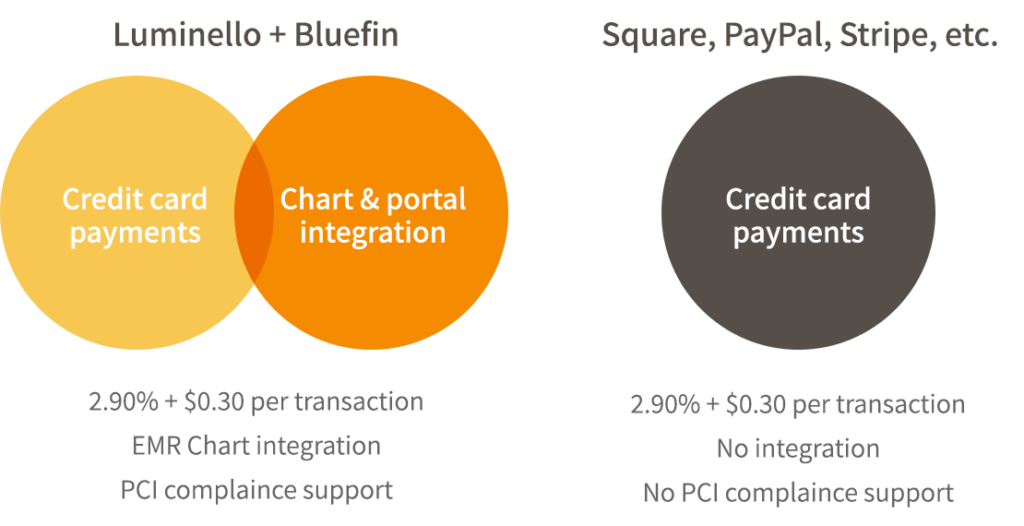Financial Stress’ Impact on Mental Health
In 2019 the American Psychological Association (APA) published a stress study that stated six in 10 Americans are significantly stressed about their financial situation. This study showed that high levels of debt are a common source of stress, which can significantly increase the risk of developing more serious chronic health conditions including Migraines, Sleep Disorders, Mood Disorders, and Anxiety. Not only can financial stress activate or worsen mental health issues, but a MMH study also noted that financial difficulty significantly reduces recovery rates for common mental health conditions. The study found that those diagnosed with depression and problem debt are four times more likely to continue having depressive symptoms 18 months later than those who are debt free.
Mental Health’s Impact on Finances
There is a direct correlation between mental illness and financial problems. As providers, we often witness the vicious cycle of mental illness increasing financial stress and financial stress increasing mental illness. For instance, clients who are experiencing major depression may have limited ability to gain or maintain gainful employment due to unrelenting symptoms. This lack of employment can lead to significant financial strain and in some cases debt. A MMH study showed that almost one in five people with mental health problems are in problematic debt, and 32% of respondents said their mental health problems had worsened their financial situation.
Health Workers and Financial Stress
Mental healthcare workers are by no means immune to financial stress and the impact it has on physical and mental health. One Zippia poll showed that among all mental health workers polled, the average yearly pay was $49,119 compared to the national median income of $67,521. With such a discrepancy, it is no wonder a Harris poll revealed that a majority of healthcare workers report their personal finances have had a significant impact on sleep quality, mental health, self esteem, physical health, and interpersonal relationships.
Signs of Financial Stress
Experiencing stress about finances can manifest in many ways. Several common signs to look for are:
- Frequent recurring worries about money.
- Arguing with loved ones about money.
- Feeling guilty when you spend money on non-essential items.
- Feeling shame and not wanting to address or get help for financial issues.
Ways to Decrease Financial Stress
- Address Unhealthy Coping Strategies: Most individuals who experience high levels of stress will naturally try to cope. Unfortunately, not all coping strategies are in an individual’s long term interest. Unhelpful coping strategies, such as, smoking, drinking alcohol, gambling, or emotional eating can potentially worsen one’s financial situation and exacerbate mental health issues. When you notice these behaviors, the APA suggests reaching out to a mental health provider.
- Find a Way to Decrease Shame. Debt, financial limitations, and poverty can be portrayed by society at large as personal failings. However, there is often so much more that goes into these than simply poor decisions. Medical bills, inadequate pay, the sky-rocketing cost of living are only a few examples of ways people might find themselves in financial trouble by no fault of their own. Seek support; shame is best addressed within a community. Debtors Anonymous is a group that allows for communication of emotions and strategies.
- Make a Plan: Financial strain can make one feel helpless. When that is the case, it is time to make a plan. Identify specific ways you can manage your finances more efficiently like creating a budget or more frequently reviewing your bank accounts. While doing these steps can increase anxiety in the short term, according to the APA, knowing that there is a plan in place can have long-term benefits.
- Get Professional Support: If you are facing significant financial debt and limitations, it may be worthwhile to meet with a professional. These professionals include financial planners and credit counseling services.
A World Health Organization survey showed that living standards and income inequality were important contributors to mental illness in developed countries. Whether we are talking about our own financial stress or that of our clients, one thing is clear: financial stress has a significant impact on our health.
As advocates of mental health wellness, we should consider the link between financial stress and mental illness in low socioeconomic groups. Policymakers can help drive systemic change, and targeted interventions need to be developed as financial advisors and psychology professionals work together.


